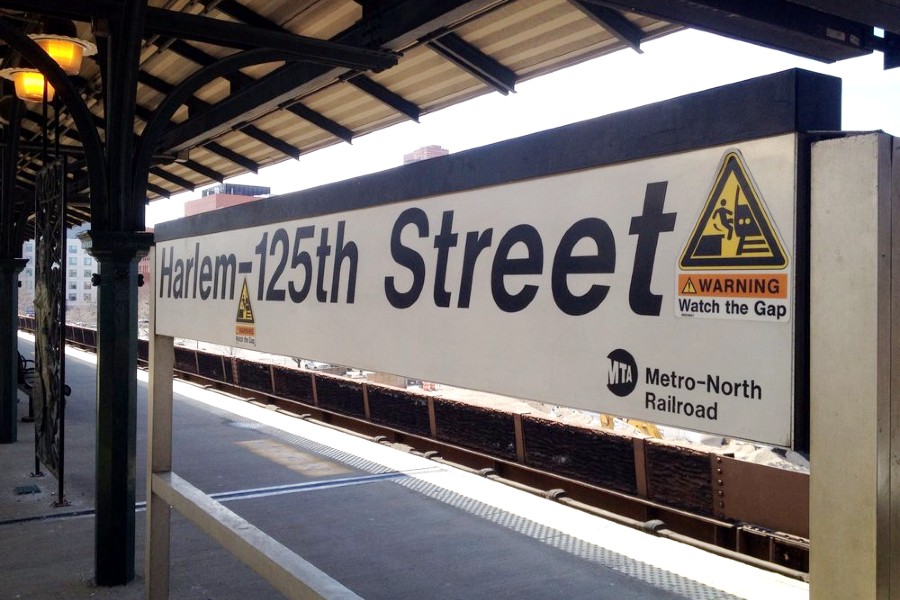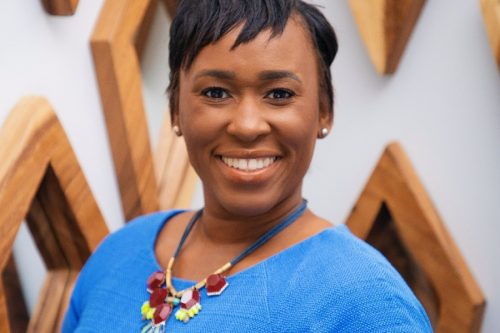
The Second Avenue Subway project in the city is progressing into its second phase, as announced by Governor Kathy Hochul and the MTA on Monday.
This significant development aims to enhance the daily commutes of tens of thousands of riders.
The initial phase involved extending the Q line from 63rd Street to 96th Street, marking the largest subway expansion in 50 years over a decade-long period.
Now, the ambitious plan is set to extend the Q line further, reaching up to 125th Street in Harlem and extending over to Park Avenue.
The eagerly anticipated next phase is gaining momentum, with transit officials anticipating the extension of the Q line from 96th Street to 125th Street, ultimately reducing travel time. Commuters express excitement about the prospect of saving approximately 20 minutes on their journeys.
Governor Hochul revealed that a $182 million construction contract has been awarded as the first of four. The initial task involves relocating underground utilities, such as sewer, water, and cable. This strategic approach is informed by the lessons learned from the first phase, which faced delays and complications before its completion in 2017.
“… Addressing concerns of older individuals waiting for buses …”
Addressing concerns of older individuals waiting for buses, Hochul emphasized the importance of clearing utilities to pave the way for substantial excavation.
Mark Roche, Deputy Chief Development Officer for the MTA, explained the strategy of connecting new tunnels to existing ones from the 1970s, below 110th Street to 120th Street in Harlem. This innovative approach is expected to save both time and an estimated $500 million.
Above ground, the project envisions the construction of three accessible stations at 106th, 116th, and 125th streets, addressing the current transit challenges in Harlem.
Commuters rejoice at the prospect of accessible stations, eliminating the need for extensive walks in unfavorable weather conditions.
“… estimated total cost of $6.9 billion …”
With an estimated total cost of $6.9 billion, funding for the project includes $3.5 billion from the federal government and the remainder from the MTA, relying on congestion pricing funds.
The timeline for completion is set for the early 2030s, with visible above-ground work commencing in March, involving the adjustment of lane markings and bike lanes – the first noticeable step in this transformative urban endeavor.
Photo credit: Source.
- Wells Fargo Shares Economic Impact From Open For Business Fund
- Harlem Rallies For Kamala Harris: A Historic Gathering Of Black Women Leaders
- In Conversation With Ketanji Brown Jackson At The Apollo Theater In Harlem
- Chancellor David C. Banks Appoints Simone Hawkins As Deputy Chancellor For Early Education
- Vibrant Summer Styles Are Making A Comeback 2024
Become a Harlem Insider!
By submitting this form, you are consenting to receive marketing emails from: Harlem World Magazine, 2521 1/2 west 42nd street, Los Angeles, CA, 90008, https://www.harlemworldmagazine.com. You can revoke your consent to receive emails at any time by using the SafeUnsubscribe® link, found at the bottom of every email. Emails are serviced by Constant Contact









